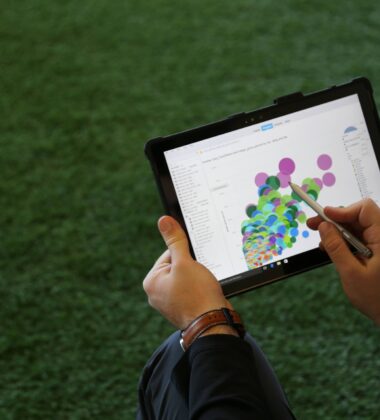You might not be alone in wondering why all the sudden did your Facebook Ads performance tank some time mid 2023 to early 2024. 🤔
Reports of when performance have tanked vary around these time frames... A wide swing, that has me interested. Is it signal or noise?
I decided to dig in. Buckle up.
Some people are saying it's Meta Lattice "a new model architecture that learns to predict an ad’s performance across a variety of datasets and optimization goals that were previously supported by numerous smaller, siloed models.".
Did Facebook got something wrong? Maybe...
But like all good problems - I think it's multi-dimensional...
The accusations primarily focus on activities conducted by Meta (formerly Facebook) between 2016 and 2019.
Here's a breakdown of the key events and their timing as described a recent public filing (link at bottom of post):
- Initial Alleged Actions (2016): Mark Zuckerberg is claimed to have initiated the "In-App Action Panel" (IAAP) program around June 2016. This was in response to competitive pressures from Snapchat, particularly as Snapchat was expanding its advertising business ahead of its 2017 IPO.
- Development and Execution of IAAP (2016-2019): Throughout this period, Meta, through its Onavo team, allegedly developed and executed plans to intercept and decrypt SSL-protected analytics traffic from apps like Snapchat, YouTube, and Amazon. This involved installing kits on iOS and Android devices that could intercept traffic and allow Meta to analyze in-app usage data.
- Conclusion and Response to Enforcement Actions (January 2019): The activities continued until at least January 2019, when Apple's enforcement action prompted Meta to reconsider and potentially halt these practices. Documents and communications regarding the IAAP program were prepared and discussed internally at Meta in response to these enforcement challenges.
What if Facebook found a way to continue these practices beyond 2019...
This case was filed in 2020 in regard to the topic. Maybe Meta thought they could get away with it and get rid of the lawsuit?
⚠️Except Mark Zuckerberg himself was deposed in May of 2023 on the case. His lawyers intervene greatly in the deposition... That is the whole premise of this filing. They want uninterrupted time with him in deposition.
AND GET THIS...
- What are the odds that the new "Meta Lattice" model comes out 2 weeks before this deposition date in May 2023?🤔
- Then no more than a few months later, people start reporting problems with their Facebook ads performance📉 Source on Reddit.
- The economy started to go down too around this time (across almost every one of our clients)... But 100%+ swings in performance with no changes to campaigns?
The math doesn't add up.
I go back to my original point of "multi-dimensional problem".
I believe that Facebook ads performance is impacted by all of it. Meta has been caught red handed before... it's not a far stretch to think they could have done it again... Remember the Cambridge analytica scandal.
So what do you do? Stop advertising on FB? Probably not...
You have to find the data points that "Meta lattice" thinks predicts the probability of high performing ads (third link below). What other option do we have?
That means the Google Ads playbook, but for Facebook Ads... So what's the Google Ads' playbook?
You're going to have to feed the machine with all the first party data you have. Data for campaigns needs to be aggregated at a certain scope.
In Google Ads, it's all about campaign and ad group level data... So what's more important, campaign, ad set, or ad level data?
Answer... it's complicated and varies by audience volume, offer / content, and creative type.
Facebook has potentially lost data it uses for targeting (which the only solution is give it our first party data). Or it's AI engine has found out something most advertisers haven't... the magic pill for what combination of campaign components lead to the highest p value of success!
Meaning if you're not giving it your first party data, don't have offer / copy / creative nailed down, and your audience targeting isn't congruent to these - it's likely Meta Lattice is killing your new campaigns, ad sets, and ads before they even start... Some things to consider testing here (give the system more data, or data points):
- Advantage+ Audience
- Use broader targeting to get more data points for Meta Lattice
- Give Meta lattice multiple headlines, primary text, images and creatives.
Or maybe it's Facebook losing it's nefarious data sources that give advertisers notable returns... And we're just along for the ride.
Time will tell.





















